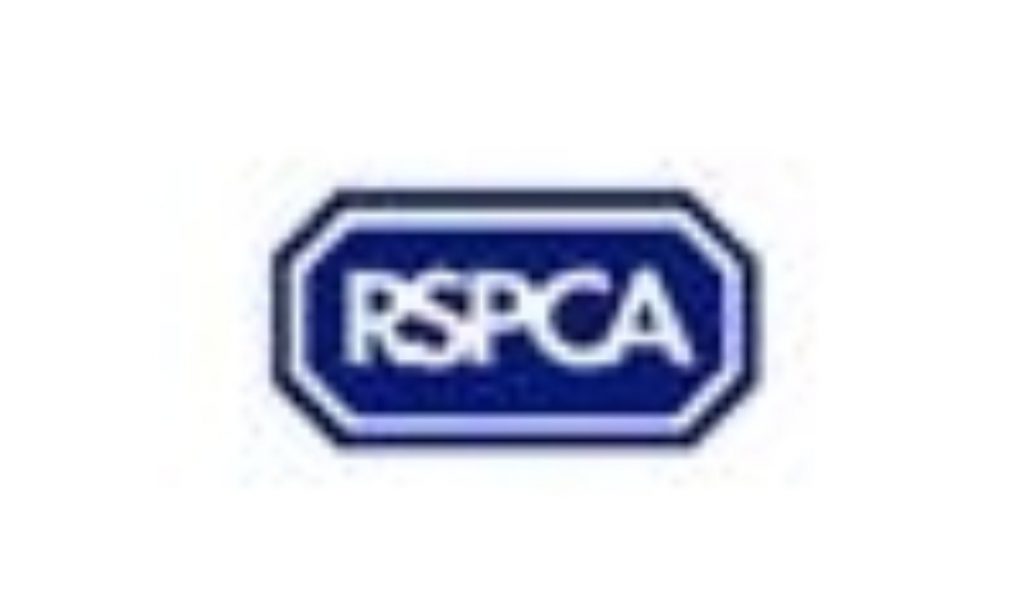RSPCA: Napoli – one year on
One year after the Napoli disaster, seabirds face a new oil threat Many of the 485 birds cleaned and released a year ago are hoped to have survived so far
Nearly a year since the MSC Napoli sank covering more than 1,000 seabirds in thick oil, another shipwreck about 50 miles away is posing a pollution threat to marine wildlife.
The Ice Prince, which lies on the seabed about 26 miles south of Portland Bill, Dorset, is currently leaking oil into the English Channel. As yet there are no reports of oiled birds.
Following the Napoli disaster at this time last year, 1,020 oiled birds – most of which were guillemots – were cared for by the RSPCA. Some of the 485 birds cleaned and released back into the wild could now be at risk again from potentially deadly oil.
Rupert Griffiths, manager of the RSPCA’s West Hatch Wildlife Centre near Taunton, Somerset, said: “It is such a shame that these same birds could once again be covered in oil.
“Our staff worked around the clock to rehabilitate the stricken birds last year. We took in so many birds that we had to distribute them to all the RSPCA wildlife centres across England.
“Caring for oiled guillemots is extremely difficult but we were able to release 485 back into the wild. It would be extremely sad if we were to take in more oiled birds again now.”
Oiled guillemots are notoriously difficult to rehabilitate successfully back into the wild. The birds affected by the spillage from the Napoli were released last year with gloomy predictions of their chances of survival.
But the birds – which are identified by rings around their legs – fared better than expected: less than one per cent of them were found dead within two weeks of release. If the birds can survive this time period, it demonstrates that they are fit enough to catch their own food and their chances of survival are probably similar to the rest of the wild population.
Previous reports following some guillemot releases in the 1990s showed that 70 per cent often died in this period.
Mr Griffiths added: “Everyone is hopeful that the Napoli birds have a decent chance of survival and only a very few of them have been found dead after being released. This is because we took them into care very soon after they were oiled and they hadn’t lost too much weight. We cleaned them and put them in deep-water pools so we could assess their buoyancy and ability to dive before we released them.”
– ends –
Notes to editors:
The MSC Napoli environmental disaster – facts and figures:
The MSC Napoli ran aground on 20 January 2007 near Branscombe, South Devon, spilling large quantities of diesel oil.
Over the following week RSPCA officers and members of the public picked up 1,020 oiled birds between Torbay in Devon and Poole in Dorset. The majority came from the Portland end of Chesil Beach, Dorset.
The birds admitted into RSPCA care comprised:
· 967 guillemots, of which 467 survived and were released · 48 razorbills, of which 18 survived and were released
· 3 great northern divers, which were put to sleep
· one red-throated diver, which was put to sleep · one shag, which was put to sleep · one gannet, which was put to sleep
The RSPCA West Hatch Wildlife Centre, near Taunton, Somerset, received all the birds for stabilisation and care. It then sent 222 of the birds to RSPCA Mallydams Wood Education and Wildlife Centre near Hastings in East Sussex and 36 to RSPCA Stapeley Grange Wildlife Centre near Nantwich in Cheshire for further rehabilitation prior to release.
For pictures of oiled birds or to request an interview call the RSPCA Press Office on O300 123 0244.
RSPCA, Wilberforce Way, Southwater, Horsham, West Sussex RH13 9RS Press office direct lines: 0300 123 0244/0288 Fax: 0303 123 0099 Duty press officer (evenings and weekends) Tel 0870 0555500 and ask for pager number 828825
Email: press@rspca.org.uk Website: www.rspca.org.uk





-01.png)